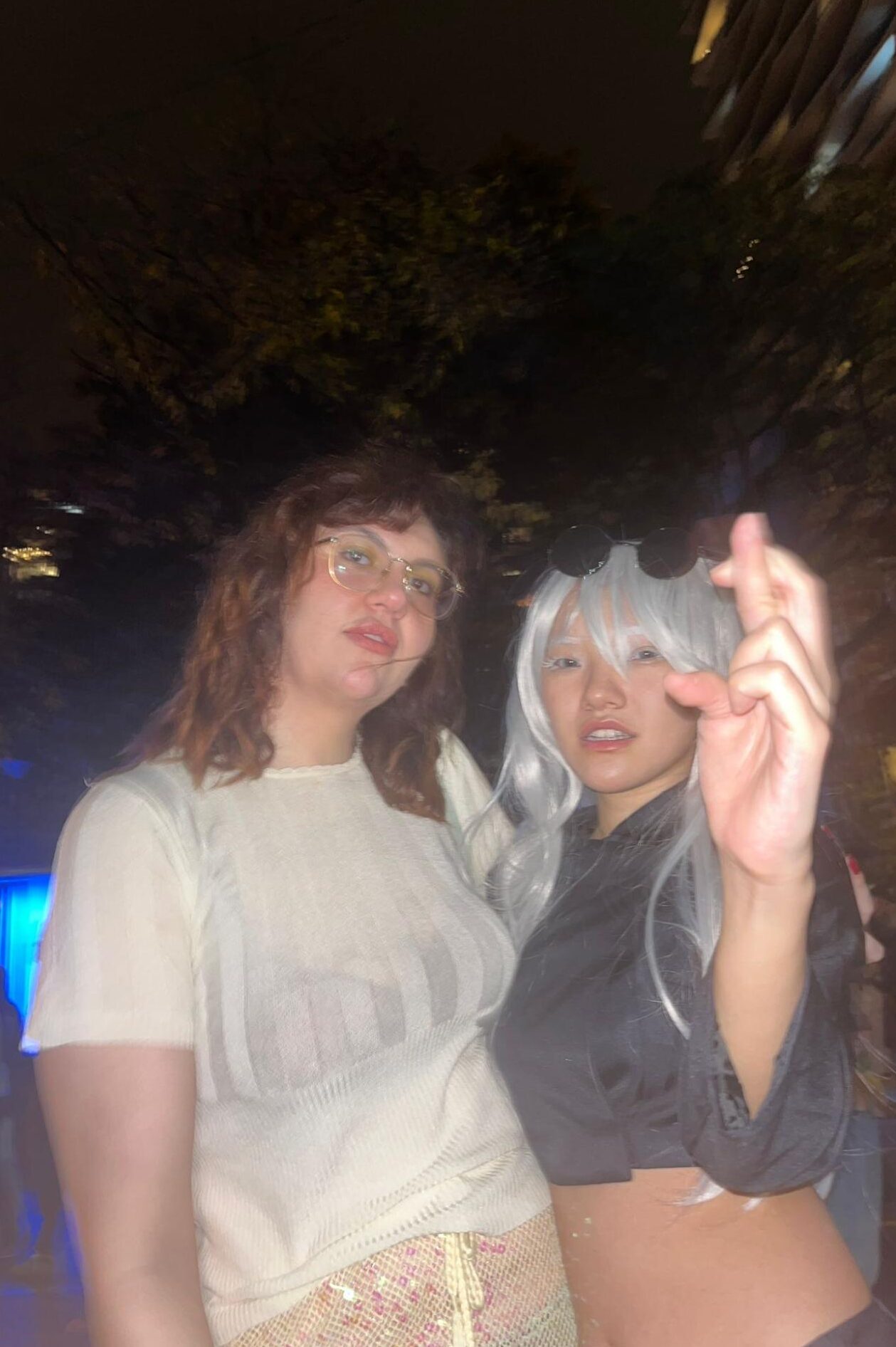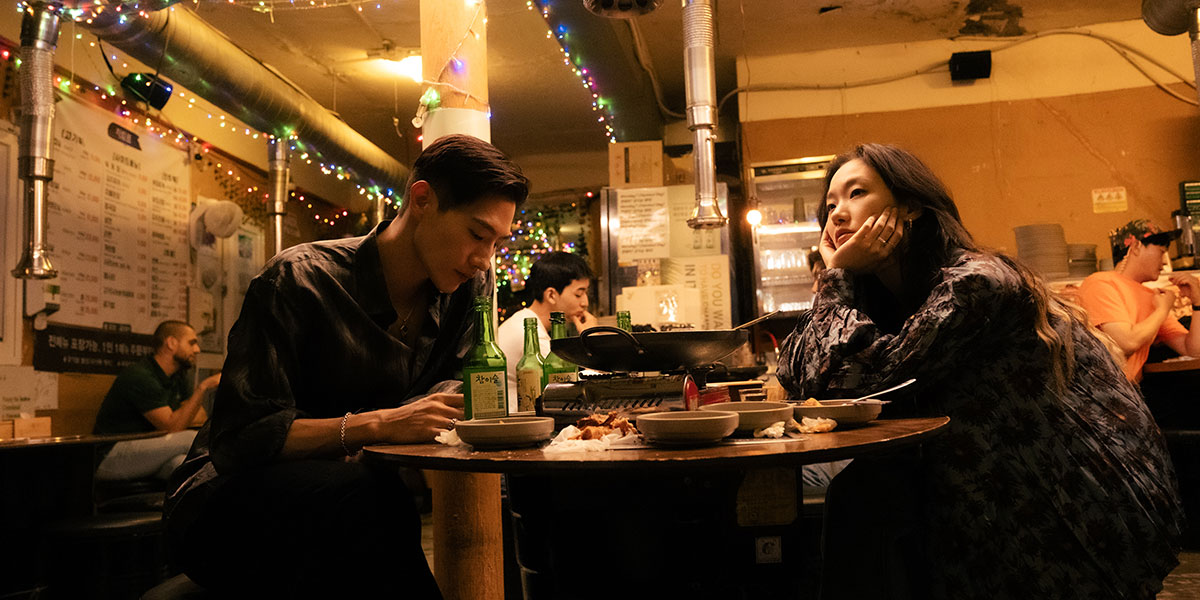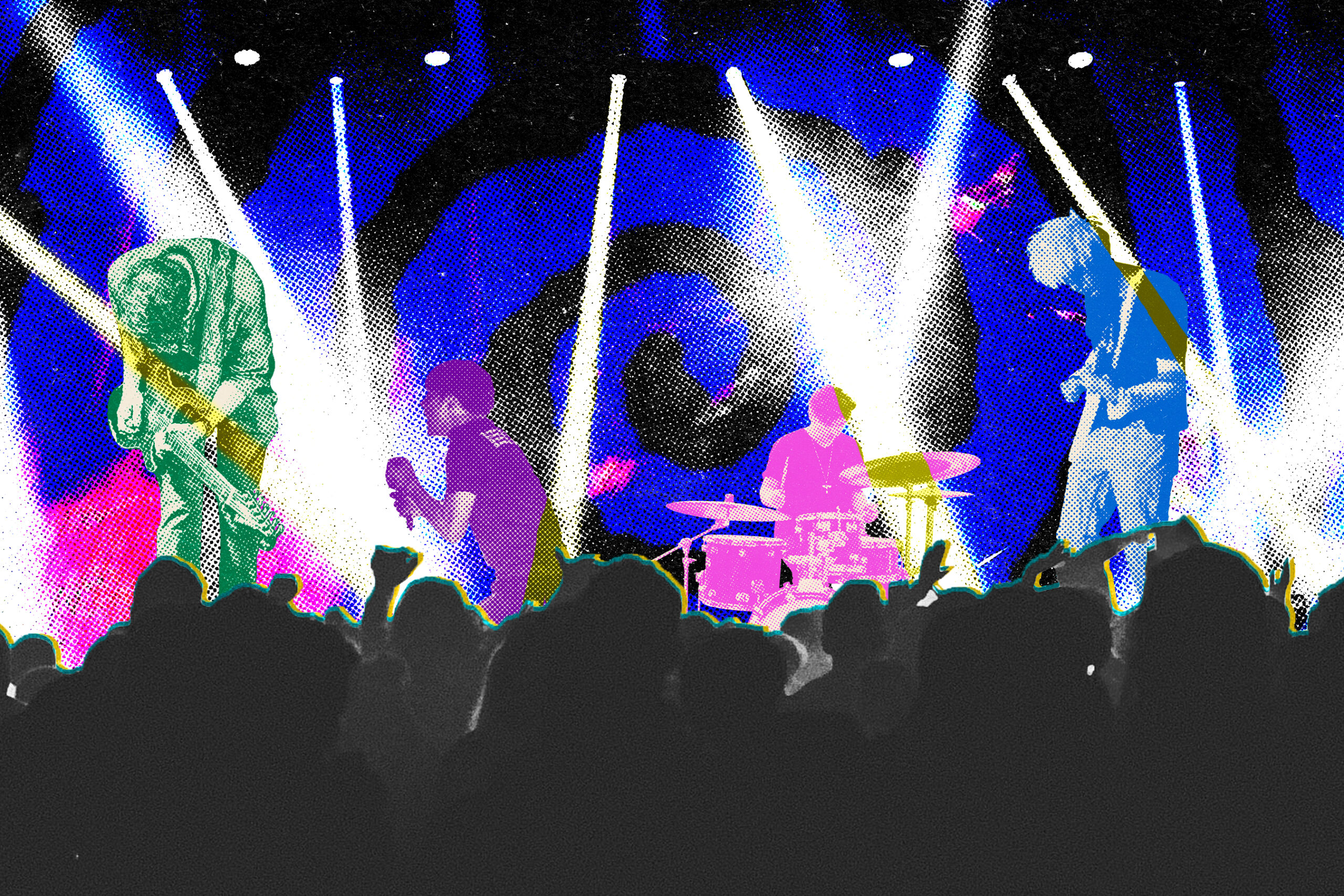“It’s really good to see people just getting back in costumes, getting out and having fun,” says Comicon vendor.
By: Caelan Monkman
If you were near the Metro Toronto Convention Centre this past weekend, you wouldn’t be faulted for thinking that daylight savings time had somehow pushed you all the way back to Halloween. All weekend long, people dressed up as characters from their favourite comics, anime and video games filed in and out of the convention centre, celebrating the much-anticipated return of Toronto Comicon.
The return of the convention, which had been cancelled in 2020 and 2021 due to COVID-19 restrictions, saw thousands of avid fans cosplaying, buying artwork and celebrating sci-fi, fantasy and other pop culture fandoms over the course of the three-day event.
Inside the convention centre’s south building, a sea of attendees snaked through the aisles of comic books, artwork and other merchandise. Stacks upon stacks of Funko Pop! figurines lined sales booths, as enthusiastic fans took photos with people dressed up as their favourite anime characters. The centre was buzzing with excitement and, even with masks on, it was obvious that everyone had smiles on their faces.
“It’s really good to see people just getting back in costumes, getting out and having fun,” says Giuliano Quattrociocchi, owner of Queue 1985, which sells tabletop gaming accessories. “I just love being here. It’s just so much fun and you get to meet a lot of cool people.”
This year’s convention boasted a list of celebrity guests including Tim Rose, who plays Admiral Ackbar in the Star Wars films, and Adam Baldwin, best known for his roles in Full Metal Jacket and the space western television series Firefly. In addition to film and television stars, the guest list included numerous comic book authors and artists such as Marvel Comics writer Jed Mackay, and Archie Comics artist and writer Dan Parent.
But for many attendees, the appeal of Comicon isn’t strictly about the guests, but rather the experience itself.
“I’ve kind of fallen out of the guest aspect of cons,” says Justine, one attendee. “I’m more here for the art and seeing people I know.”
Justine, who has attended Comicon more times than they can remember, also enjoys cosplaying and the “no judgement” attitude amongst the cosplay community.
A sense of community could be felt throughout the convention all weekend, and maintaining it was very important to organizers.
“This has always been a refuge in a way for people that didn’t necessarily feel like they belonged because of their passion for fandom, because of their geekdom or nerddom,” says Andrew Moyes, vice-president of FAN EXPO HQ, the company that runs Comicon. “Our purpose is to provide a place where people can discover, celebrate [and] belong.”
Fan Expo Canada — a larger scale convention also run by FAN EXPO HQ — made its post-lockdown return to the convention centre last fall when capacity limits and proof of vaccination requirements were still in place. Unlike Fan Expo, Comicon was able to run at full capacity, with mask requirements being the only provincial guidelines in effect. This had some vendors and fans worried, but overall still happy to be back.
“I was a little nervous about coming back,” says artist Trace Goldfarb. “We still have a lot of things going on in terms of COVID, but now that I’m here it’s really exciting to be back and have everyone around, I get to feed off the excitement of everyone.”
Though some returning fans and vendors commented that turnout felt slightly smaller than pre-pandemic years, they all agreed that the enthusiasm and passion of the attendees made up for it. For some artists, after two years of no conventions, the experience felt both familiar and foreign.
“It’s very interesting, it feels kinda like starting over,” says Megan, an artist and vendor. “Part of it is like riding a bike, other parts feel brand new again.”
For guests, organizers and vendors alike, being able to get together in a shared space was something that had been dearly missed over the past two years.
“You just can’t replicate this through a digital screen,” says Moyes. “A lot of events went virtual and digital, [and] we did on some aspects, but I think — and you can feel it today when you’re down at the show — you just can’t replicate this digitally.”
Check out some of the incredible cosplays at Toronto Comicon 2022:





















